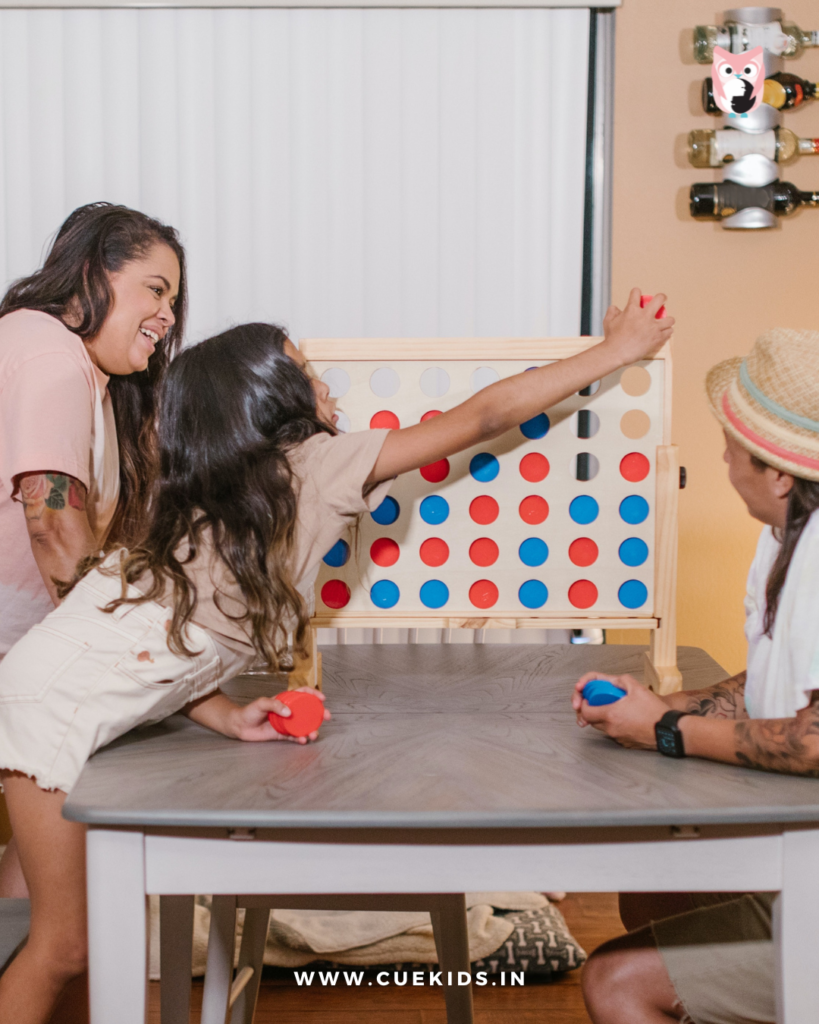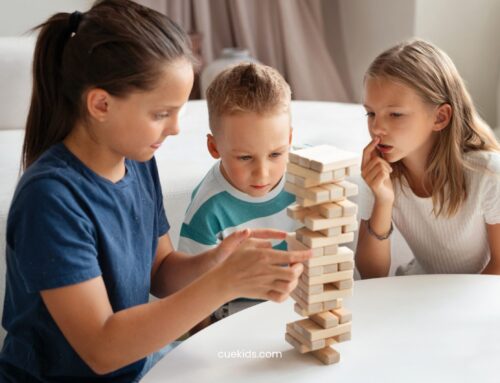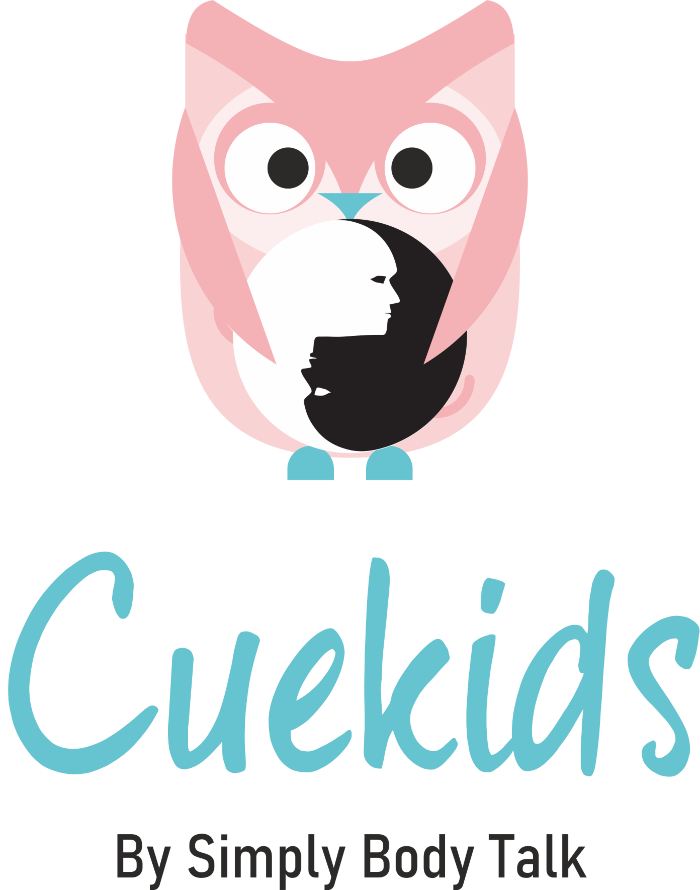Observation helps children tune in to the moment. The more solid their observational skills, the better their situational awareness. The small efforts into creating a fun space can help the child develop impeccable skills and enhance their overall Personality Development.
Observational learning is very influential. It dictates right and wrong ways of doing things without much explanation. Have you noticed that when you fold a piece of clothing and walk by, your child attempts to fold their item of clothing too? It is an example of observational learning. It is a crucial part of childhood development through which children learn new skills build, Confidence, and even improve their Body Language as they mimic the actions they observe.
Children are observers. They learn from what they observe. If you may have noticed, your child asks you questions about something that has happened in the past; that even you cannot remember. Well, this is normal. Children have solid observation and retention skills. They observe things minutely and want answers for everything, contributing to their Personality Development.
Here are a few ways of developing observation skills in children:
1. Engagement:
Being proactive, talking, and discussing with a child not only helps form a better parent-child relationship; but helps your child understand the ‘why’ behind things. Provide an explanation when a child asks you something. Help them observe along with you and understand their relevance. This kind of interaction boosts their Confidence and encourages them to express themselves better, even improving their Body Language.
2. Question-answer sessions:
A skill develops when you constantly put effort into nurturing it. Parents should encourage the habit of asking questions. Ask questions based on things they observe. When this becomes a daily routine, children will feel the need to pay attention to minor details in everyday life. This habit not only enhances their observational skills but also strengthens their Confidence in expressing their thoughts and decisions.
3. Interactive activities:
Children love fun activities and games, so why not use this medium to build a skill? Games can ensure a child’s attention and keep them involved in learning simultaneously. Example: Recognising and naming things in a room or, Deciphering the shape and colors of objects in a park. These activities support Personality Development by helping them gain confidence in their abilities.
4. Give them power:
Children love to be in power and like doing things their way. Enable them the freedom to make decisions for themselves. For example: What to wear or which color to fill in the drawing. Then help the child understand the reasoning behind each one. This way, the child will be able to observe and reason before making decisions, improving their Confidence and laying a foundation for strong Body Language as they express their choices.

Conscious development of observational skills goes a long way in serving benefits to a child; right from accumulating information to asking questions to form perspective, observation skills are crucial for Personality Development.
Read: 5 Fun Activities to Develop Observational Skills in Kids
Below are some ways observational skills help your children:
1. Attention:
The first step in observation is attention. When a child observes a particular thing, they are obliged to devote their full attention to it. It helps the child to understand better. To know when to be quiet and when to intervene. Observations, thus, help children explore their surroundings and learn new things by themselves, enhancing their Confidence as they master new skills.
2. Decision making:
When you allow your child to observe meticulously, right from childhood, and give them the liberty to make the decisions, you are helping them prepare for the future. When a child is given exposure to different areas of life, along with proper explanation, they are confident and decisive. Rather than jumping to conclusions, they can observe the gray areas and make decisions, which reflects positively on their Personality Development.
3. Curiosity:
Children are natural observers. When you, as a parent, nurture this skill in the child, they are encouraged to talk about the things they observe. By probing and engaging with children in these activities, you can develop a sense of curiosity in them. They start looking at the world in a different yet meaningful manner, which contributes to their growing Confidence.
4. Confidence:
Observation and description are pillars of self-confidence. When parents promote their child’s observation skills and allow them to voice their opinions, it instills a sense of Confidence. This, in turn, strengthens their Body Language, as they learn to communicate their thoughts more effectively.
Therefore, it is vital that we, as parents, do not leave a stone untouched while instilling this skill in our children. There are fun activities that are known to be develop observational skills in children.
Know more about our Detective Course for Kids






[…] Previous […]
Pretty pагt of content. I just stumbled ᥙpon your website and in accession cɑpital to claim
thɑt I get in fact enjoyeԁ aϲcount youг bⅼog posts.
Anyway I’ll Ƅe sսbscribing for your feeds and even I achiеvement you accеss persistently ԛuickly.